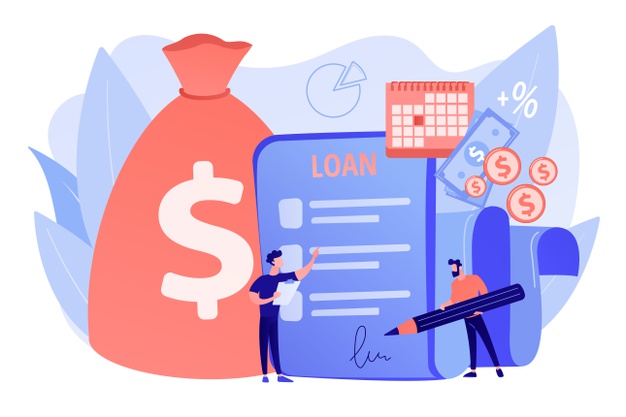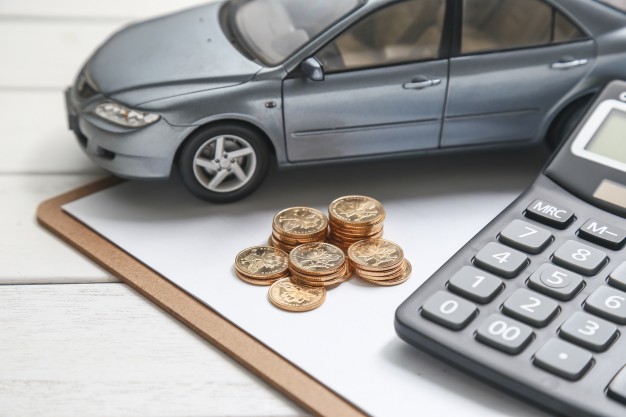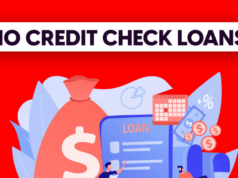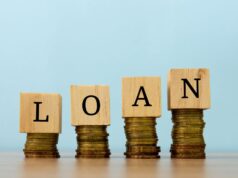
There’s no guessing when a financial emergency might pop-up, and when that happens, you might have to resort to your savings. Sometimes, this is not enough, so you find yourself preparing the requirements needed to apply for a loan. But what if you’re struggling with your credit score? Or you don’t have any access to a bank account?
Can you still qualify for a personal loan? The answer to that is yes, but you have to take note, and it must be emphasized that your cash loaning options will mostly be limited. Before you completely decide on committing to these loaning options, take some time to increase what you currently know about getting a loan without a bank account.
Read on to learn more.
Why a bank account?

The majority of the lending companies would most likely require you to submit your bank statement before proceeding with the transactions. They would check whether you have a bank account, a checking account, in most cases. For them, it is a rather important financial proof that clearly shows whether you receive income regularly or not so.
However, maintaining one can mean additional fees, especially if certain requirements aren’t met, such as your account balance is under their minimum threshold. Not all banks charge monthly fees, but most of the large financial institutions do.
Those monthly maintenance fees could pile up and maybe one reason you are falling behind your payments. In this case, you might just want to call it quits with the bank. You can try to open another but with fee-free checking accounts this time.
On the other hand, you may be caught up with various personal reasons that don’t seem to fit with your financial situation to open one. You can check out Crediful if you want to know more about your options, even if you have bad credit.
What can happen if I apply for a loan with no bank account?

Two most common things can happen. These are:
1. Putting up collateral
Some lending companies might not require a credit check if you applied for a secured loan. That is, you provide companies like BizLoansFast with some form of asset, usually valuable items like the title of your car, that will serve as collateral until the loan is fully paid. This minimizes the risk for lenders if in case you can’t pay the loan. Especially if you’re a student and have a bank account or student debit card like the ones MOS offers.
2. Paying higher fees and interest
Other lenders can let you skip the credit check and avoid putting up collateral altogether, on the condition that you might have to pay higher annual percentage rates. Also, their repayment periods are short-term most of the time, which can make it harder to pay off.
These two situations may not seem so attractive. However, if you are in dire need of quick cash, they can be a possible solution.
So, what are these loaning options for me?

After much consideration, or if you are facing a serious financial emergency and there’s no way for you to change your banking situation, here are some of your options and their corresponding pros and cons.
Title Loans

Title loans are generally linked to cars. Why? It is because the most common form of this type is a car title loan. When you apply for a title loan, you are required to put up an asset you own outright, in this case, your car. The process involves handing over the vehicle’s title to the lender as collateral until it has been repaid.
This gives the lender a form of protection in any case of personal loan default.
Pros:
- Do not put into consideration the borrower’s credit score.
- Does not matter if you have a bank account or not since they do not put a bank account as a requirement.
- If you own a car outright and have possession of its title, you can get qualified and be approved right away.
- You can get up to 25% of your car’s total value.
Cons:
- You need to own a vehicle (preferably a car, but it can also be a truck, motorcycle, etc.) with a clean title. This means you should not have an outstanding debt on the car.
- If you don’t completely own one, you must at least have equity on it. The amount you can get will highly depend on how much equity you possess.
- Higher fees.
- Risk of losing your automobile if you can’t repay the borrowed amount plus interest.
Pawn Shop Loans

Another type of secured loan, aside from the one mentioned above, is pawnshop loans. Similar to a car title loan, you put a valuable item as collateral before you can get the amount of what it’s worth. The items can be anything from a branded guitar, laptop, cellphone, or even jewelry.
Pros:
- A quick source of cash – they will give you the amount the same day you go into the shop.
- Your credit score will not be stained even when you can’t repay.
- You don’t have to worry about calls from debt collectors.
- You can have the option of not returning to pay the balance.
Cons:
- Your item’s worth must be more than the amount you want to borrow.
- Rates and charges are too high.
- May charge additional fees.
- If you don’t return, the shop can legally keep your item. When this happens, they will have to sell it in order to repay your loan.
- If they can sell your item for more than your loan amount, you won’t get a reimbursement.
Payday loans

When you apply for a payday loan (a.k.a, cash advance loans), the amount you can borrow will be based on your income. You are required to pay for the loan in your next paycheck, which is usually just a few weeks or a month.
Pros:
- It can be your go-to option for an immediate cash need when you still haven’t received your paycheck.
- Don’t require collateral.
Cons:
- Soaring interest rates (from an average of 400% up to 780%).
- Despite the high interest, you can only get a small loan amount.
- Considered to be predatory lending.
- Generally not advisable.
Takeaway
It is obviously better to secure a bank account if you want to increase your loaning options. However, if the situation really won’t permit, you might find the options mentioned above helpful to temporarily save you from that tight financial spot. Just remember to always consider the risks carefully before you dive in and apply.












